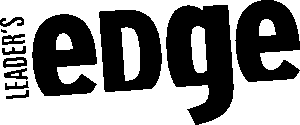Burnout doesn’t generate overnight from short-term stress—it builds over time when HR is expected to do more without the right support.
More than half of HR professionals (52 percent) report experiencing burnout in their role, citing daily struggles with managing their many responsibilities.
This is especially true during busy periods, such as open enrollment and benefits renewal seasons, when HR teams’ workloads are heavily burdened. During the renewal period, managing tedious, manual tasks like collecting carrier invoices, cross-checking plan data, and reconciling discrepancies (a difficult task at any time of year) can become completely overwhelming and are often deprioritized. More than 70 percent of HR professionals’ time is spent on repetitive clerical work, leaving little allowance for employee-centric initiatives.
Many companies develop their own homegrown, manual processes to manage carrier invoice consolidation and reconciliation, which often involve numerous spreadsheets and complex processes to manage benefits billing. While this process may work, it typically requires a significant investment of time from an HR staff member that might otherwise be better utilized on other, more mission-critical tasks. Such processes are not only inefficient but also often come with risks associated with them.


